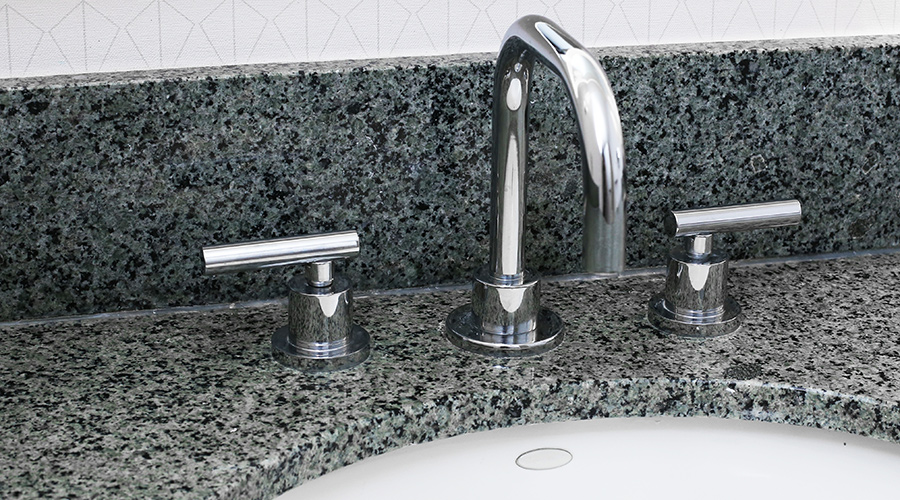A study of 50,000 U.S. patients showed that those who were the most satisfied with their care were 26 percent more likely to be dead six months later than patients who gave lower ratings, according to an article on The Washington Post website.
According to a study, “The Cost of Satisfaction,” the most satisfied patients not only died in greater numbers but racked up higher costs along the way.
Cristobal Young, lead author of the study, calls it “the halo effect of hospitality.” Young found that what mattered most to patients in ratings were the compassion of nurses and amenities like good food and quiet rooms.
Hospital managers are being recruited from the service industry and we’re seeing greeters in the lobby and premium TV channels in rooms, he said.

 From Downtime to Data: Rethinking Restroom Reliability in Healthcare
From Downtime to Data: Rethinking Restroom Reliability in Healthcare LeChase Building Four-Story Addition to UHS Delaware Valley Hospital
LeChase Building Four-Story Addition to UHS Delaware Valley Hospital AdventHealth Sebring Breaks Ground on Expansion Project
AdventHealth Sebring Breaks Ground on Expansion Project Regulations Take the Lead in Healthcare Restroom Design
Regulations Take the Lead in Healthcare Restroom Design AHN Allegheny Valley Hospital Opens Expanded Inpatient Rehabilitation Unit
AHN Allegheny Valley Hospital Opens Expanded Inpatient Rehabilitation Unit